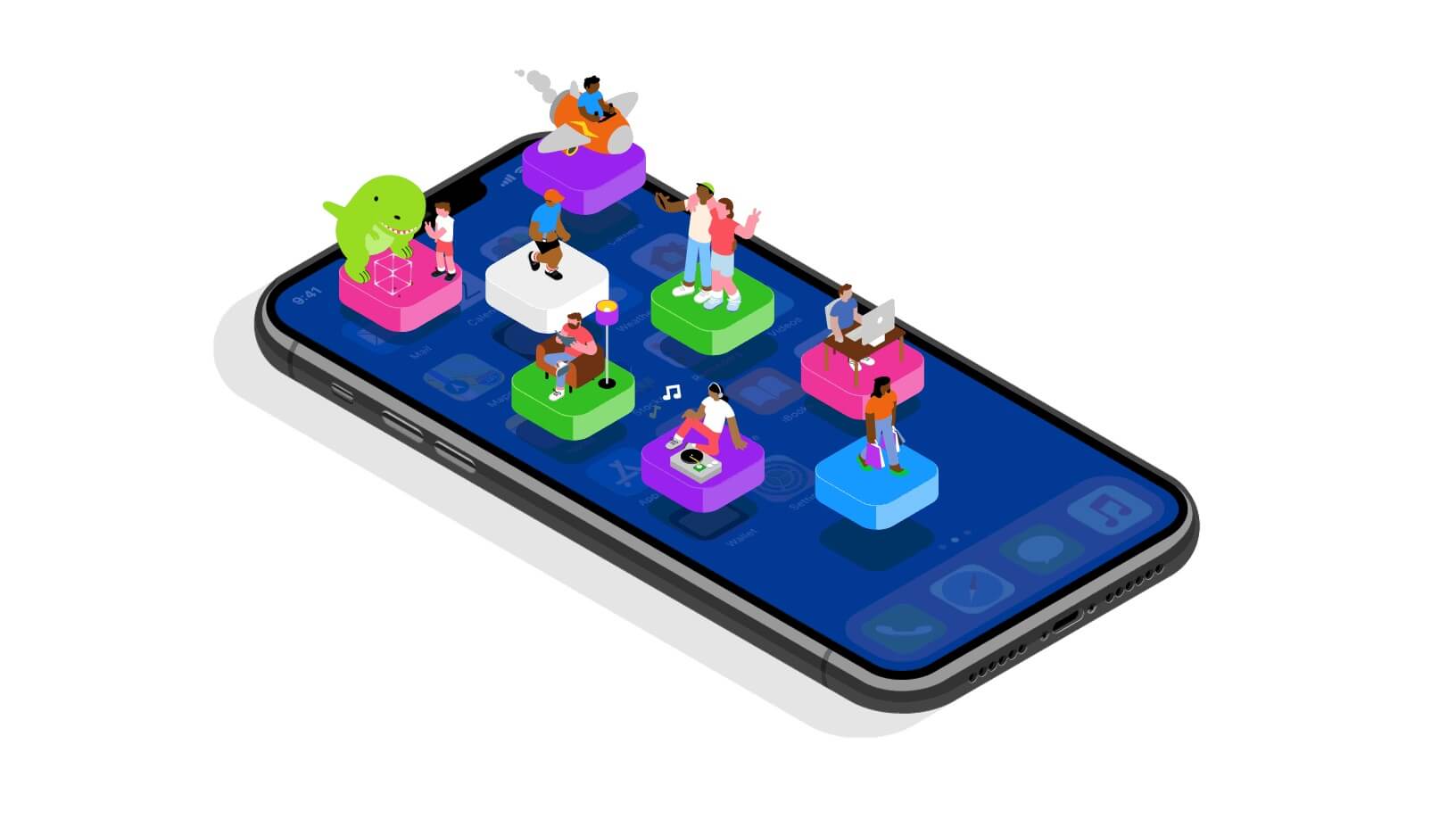In brief: A WSJ investigation into the iPhone maker's practices seems to show that it has been manipulating search rankings to gain an advantage against others in the App Store, but the company denies any wrongdoing. Whichever the case may be, the findings are likely to make regulators keep a close eye for any indications that it might be upselling its own offerings.
For a company that has held the "most admired" title for twelve years in a row, Apple isn't without its share of high profile controversies. A recent analysis published by The Wall Street Journal shows the company's App Store practices from an interesting angle, where the giant's less popular apps rank higher than third party alternatives, even when they received less favorable reviews than the competition.
In the investigation, WSJ found that Apple's own apps ranked first in 60% of the basic keywords for categories such as maps, music and books. When it comes to apps that generate sales or are otherwise tied to the company's subscription services, that number went up to 95%, with most searches displaying them at the very top in terms of relevance.
This might look benign at first. When you search for "movies", you see Apple TV listed first, as well as the iTunes Store. Look up "storage" and you are greeted with iCloud Drive as the "best result."
Sometimes there's a different app in the first spot and even a "Featured App" ad before you reach Apple's own apps, but that still means they surface surprisingly well in these searches. Data from research firm App Annie gathered for the past year seems to confirm the findings, with Apple's offerings consistently coming out on top of everything else.
It all starts looking a little fishy when you look at the peculiar case of Apple Books, which has no ratings and no reviews and somehow still ends up on top of alternatives like Amazon's Kindle app, Wattpad, and Scribd. The key word here is "preinstalled" – the apps installed by default on any iPhone can't be rated or reviewed.
Naturally, this invited speculation on WSJ's part that Apple might be putting competitors at a disadvantage by surfacing its own apps for a sea of users that are spending a grand total of $50 billion every year. The company promptly denied manipulating search results ranking, explaining that it uses machine learning and 42 different factors to prevent anyone from gaming the system.
The Cupertino giant only mentioned four of them: number of downloads, ratings, relevance, and something called user behavior, which is supposed to be the most important. Apple says many people are using simple keywords in Spotlight to locate apps they've installed, implying that in doing so they are boosting the company's apps, which you can argue are aptly named.
WSJ further notes that Apple at one time considered purging all apps with lower than two-star ratings, but ended up scrapping the idea after it realized its own Podcasts app wouldn't make the cut. The company has been under a lot of pressure lately for its App Store practices, and at least two iOS app developers have filed lawsuits alleging that Apple is operating its app ecosystem like a monopoly.
